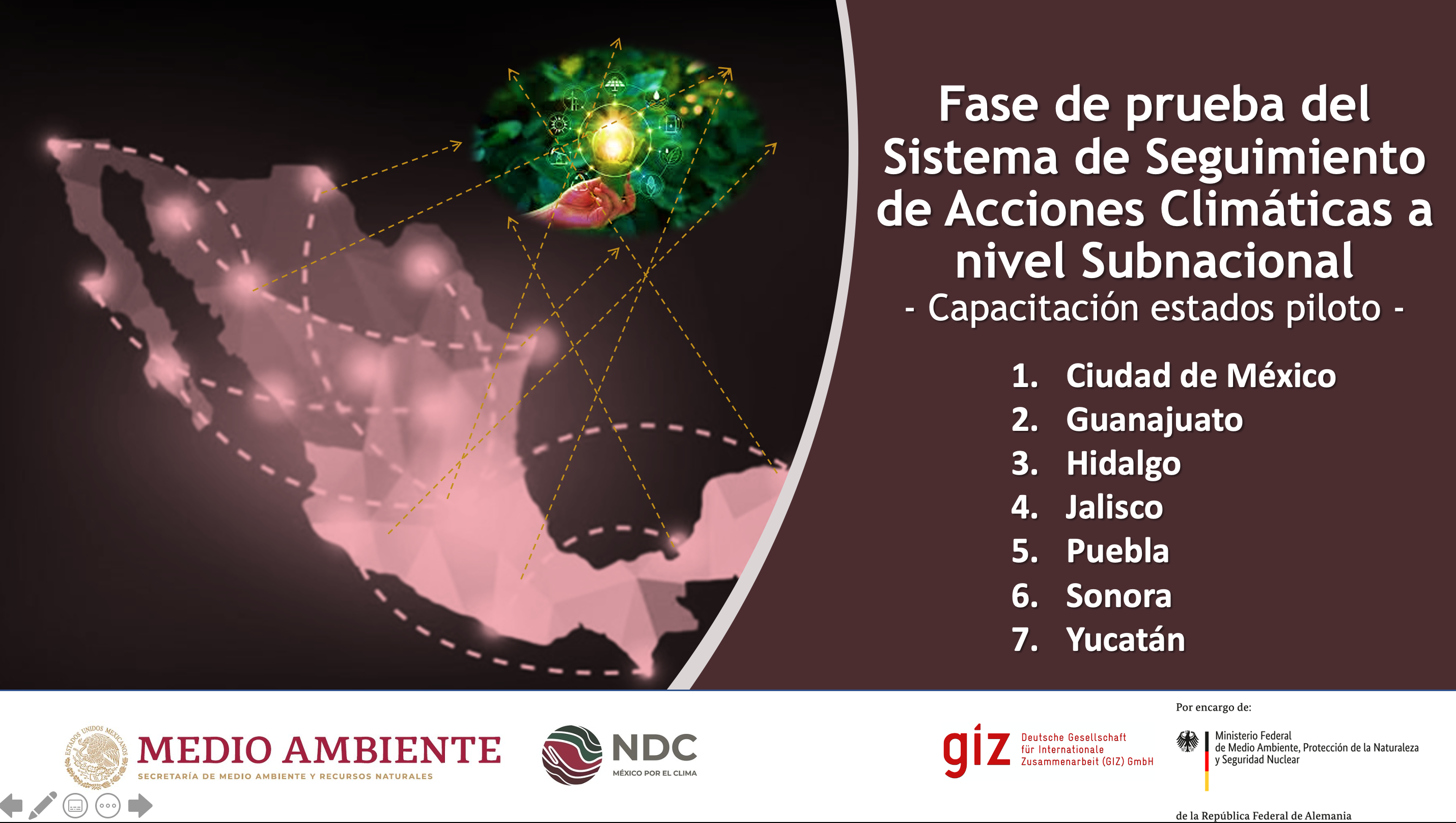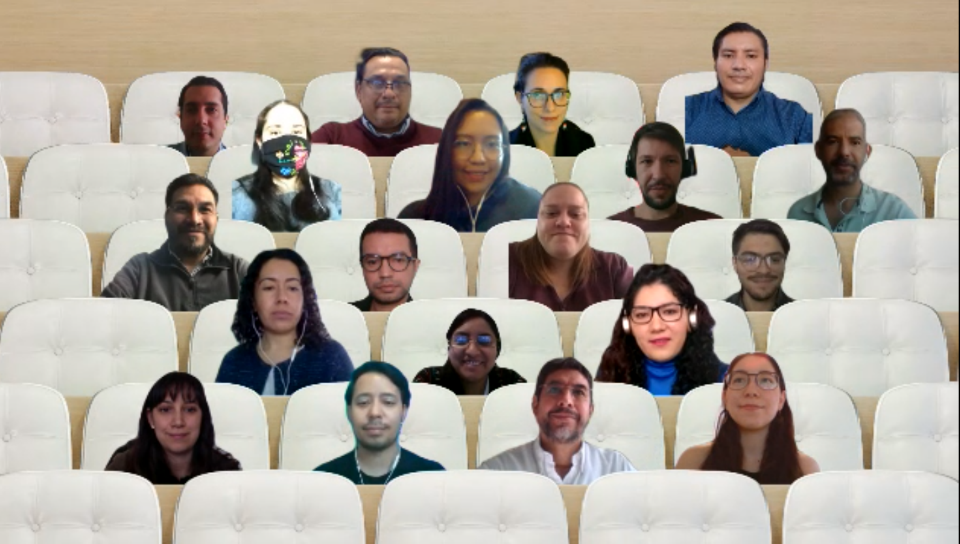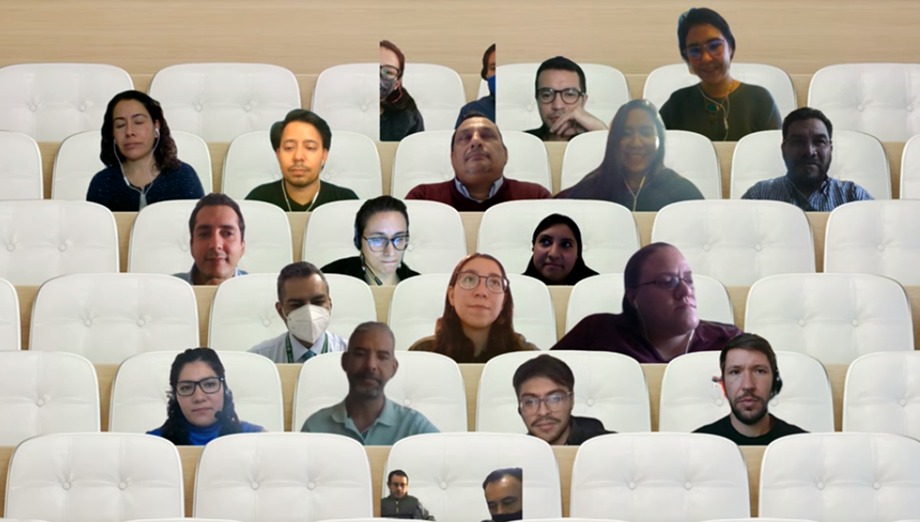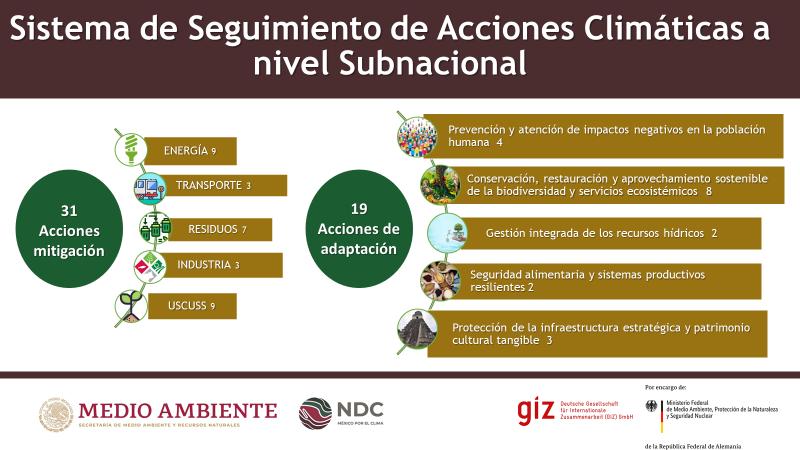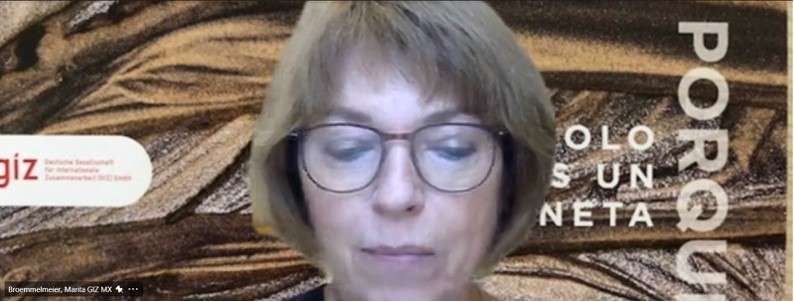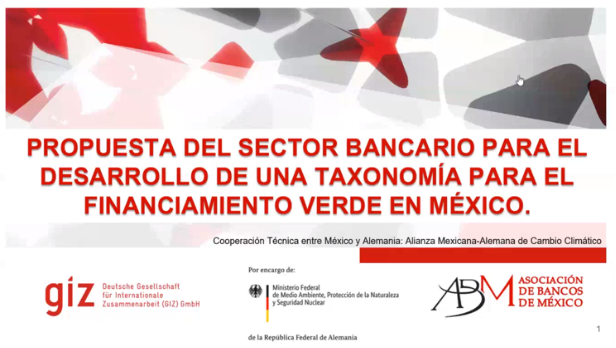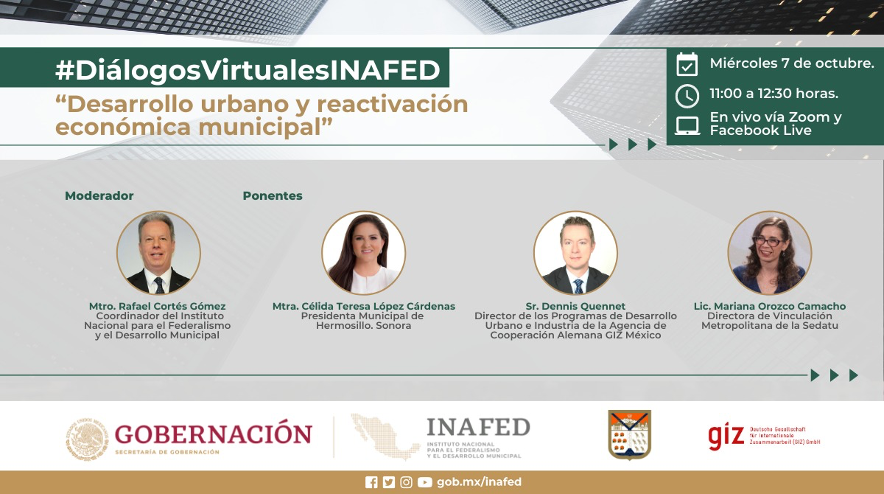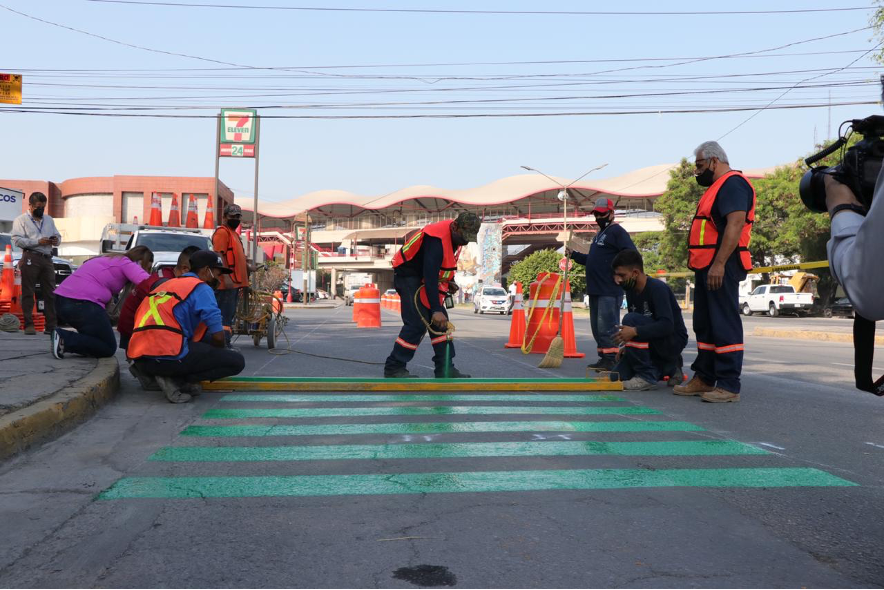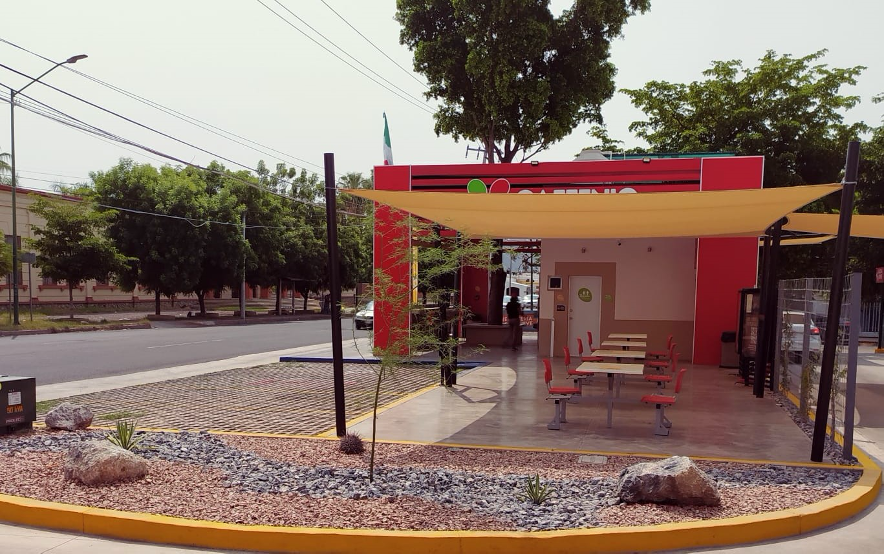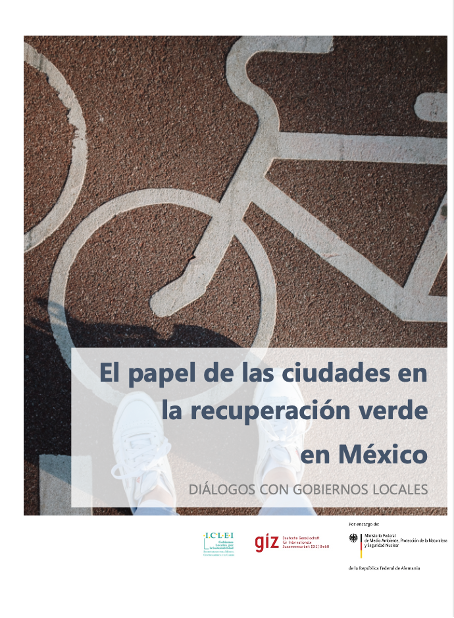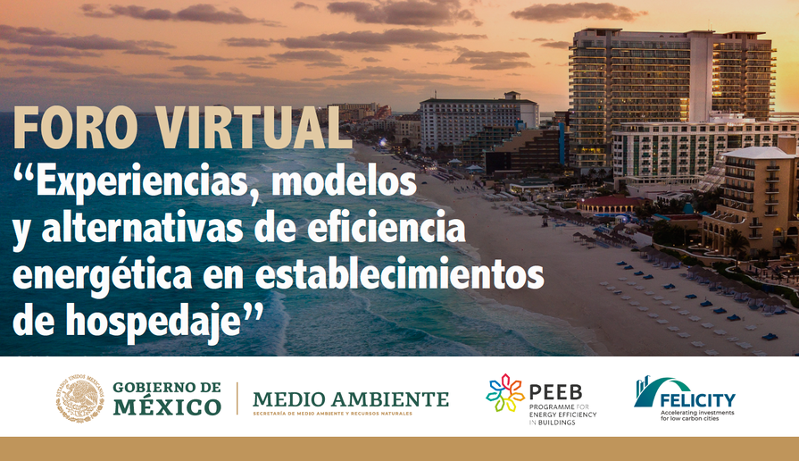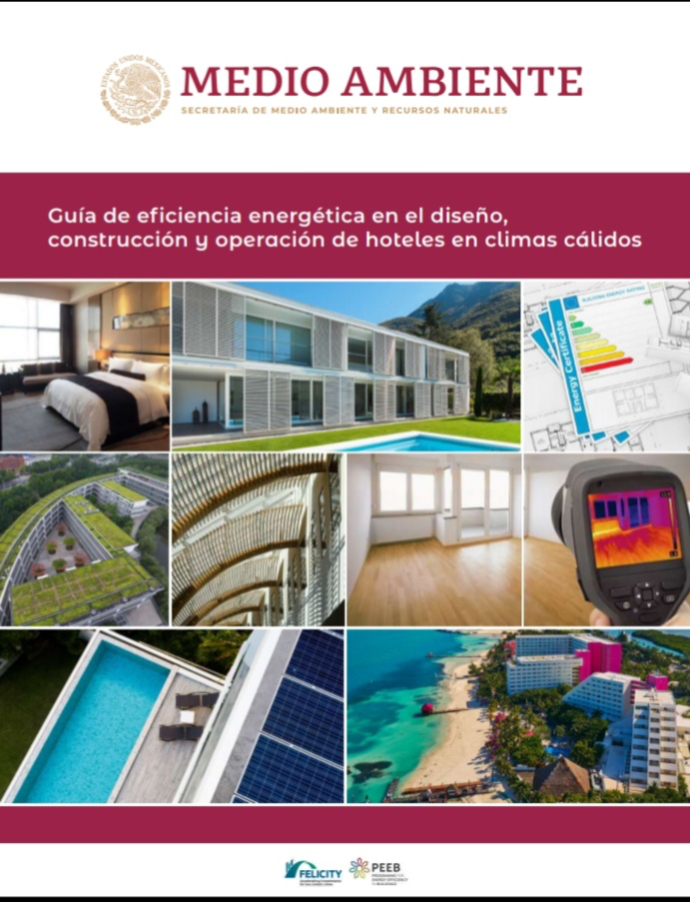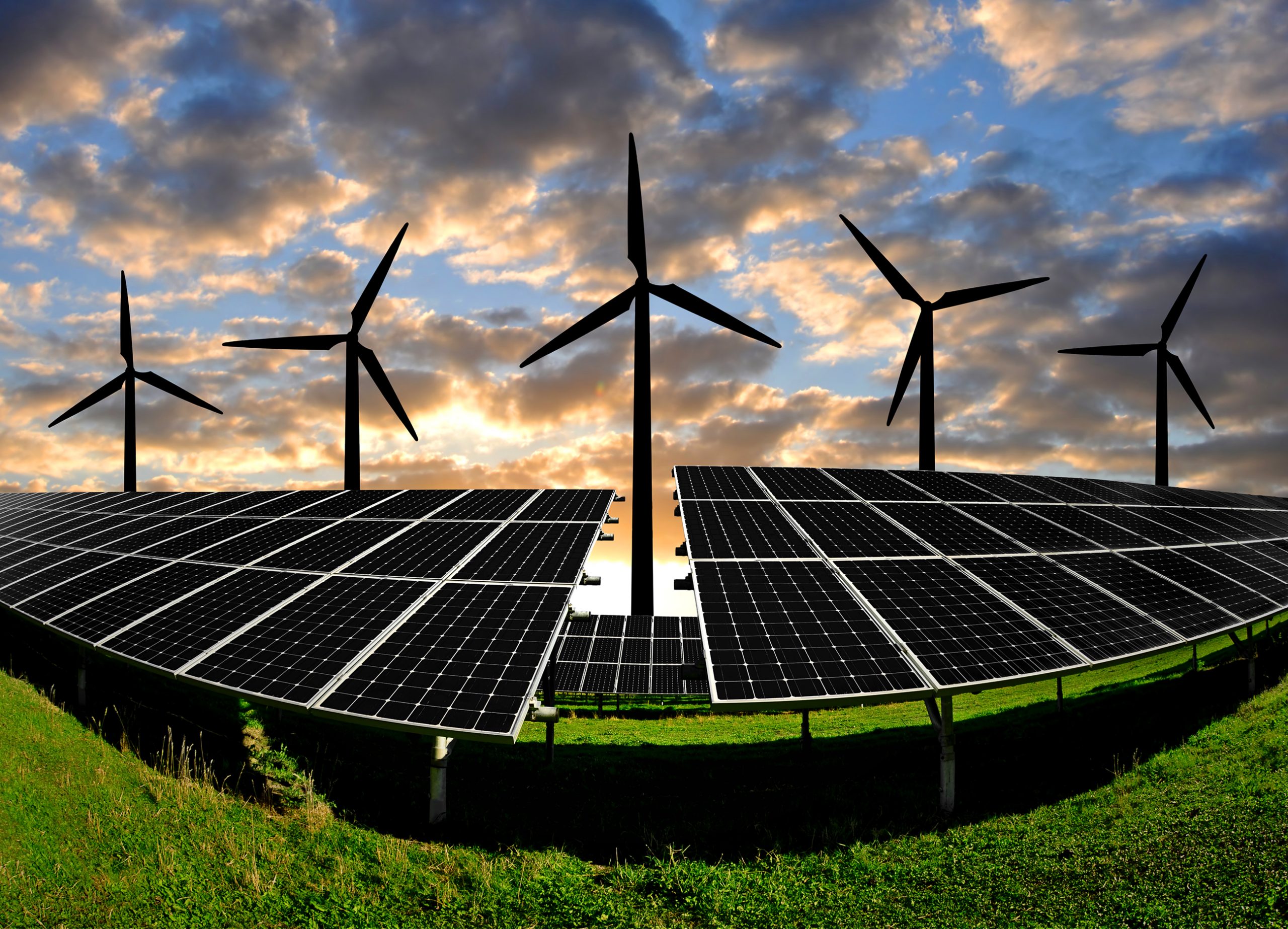The Technological Innovation Hub, in the field of sustainable energy in the state of Querétaro, began its first generation of ventures with a virtual ideation workshop as the first step in the acceleration process that the Hub will offer.
The results of the first call for projects led to the selection of 14 renewable energy or energy efficiency ventures in different sectors and technologies. The projects seek to strengthen the local energy sector and promote local climate action through disruptive technological approaches based on digitization, such as the use of the internet of things, blockchain, management systems, agroecology, and green hydrogen, among other innovations. This use of technological innovation will bridge the gap between the energy sector and climate change.
The focus of the Querétaro Hub’s first generation of ventures is to promote post-COVID economic recovery, so the 14 projects promoted by 12 companies and research centers are expected to foster value chains and sustainability/job creation, in order to cope with the circumstances imposed by the pandemic.
The enterprises participating in the workshop had the opportunity to validate and strengthen their business models with social and environmental components that allow them to sustain their value proposition and define future strategies for market access and the social appropriation of technologies. The socio-environmental impacts generated by their ventures were also identified, in order to minimize the negatives and expand the positives. The strengthening process used design thinking methodology and a systemic vision of the energy sector to connect the expected impacts of the projects with a resilient and sustainable future in Querétaro.
El día de hoy los proyectos de la primera generación del #Hub de Innovación Tecnológica presentaron su pitch a un grupo de expertos y expertas en materia de energía sustentable.⚡️Esto ayudará a potencializar el ecosistema de innovación local e impulsar la acción climática. 🌱 pic.twitter.com/t139j34FSg
— Conecc_Mx (@Conecc_Mx) November 27, 2020
At the end of the workshop, each project presented a pitch—a short presentation in which the innovation is presented—in front of an expert jury in innovation and energy, made up of people from organizations such as SIEMENS, General Electric, Mabe, and the institutions Creativity and Innovation Center 4.0 from Querétaro Technological University, the Center for Research in Applied Science and Advanced Technology (CICATA-IPN) and the Querétaro State Energy Cluster, who learnt about the technological proposals of the undertakings and gave expert recommendations, generating the first links with these ventures in order to strengthen the local innovation community.
Next, the Hub will offer training, mentoring and dialogue formats to these ventures in order to accompany their business models in the acceleration of their technological maturity, bringing them closer to the energy innovation ecosystem in Querétaro. The idea is to continue promoting a fair energy transition hand-in-hand with the fight against climate change.
The process of the call for projects, its results and the ideation workshop were coordinated between the Ministry of Sustainable Development of the State of Querétaro (SEDESU), the project “Enhancing the Coherence of Climate and Energy Policies in Mexico” (CONECC) of the GIZ, facilitated by Hevas Innovation. The workshop lasted 12 hours, spread over three working days, on November 23, 24 and 27. A total of 38 people participated.






